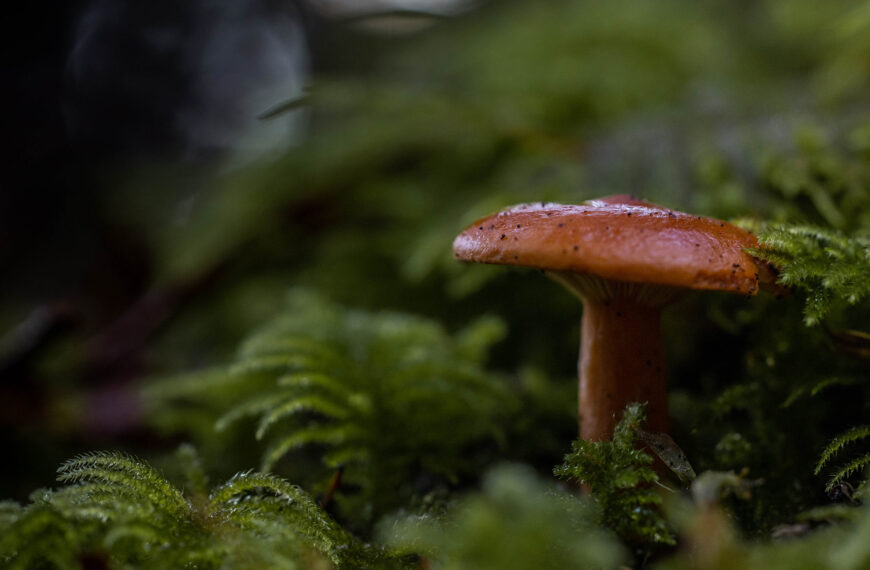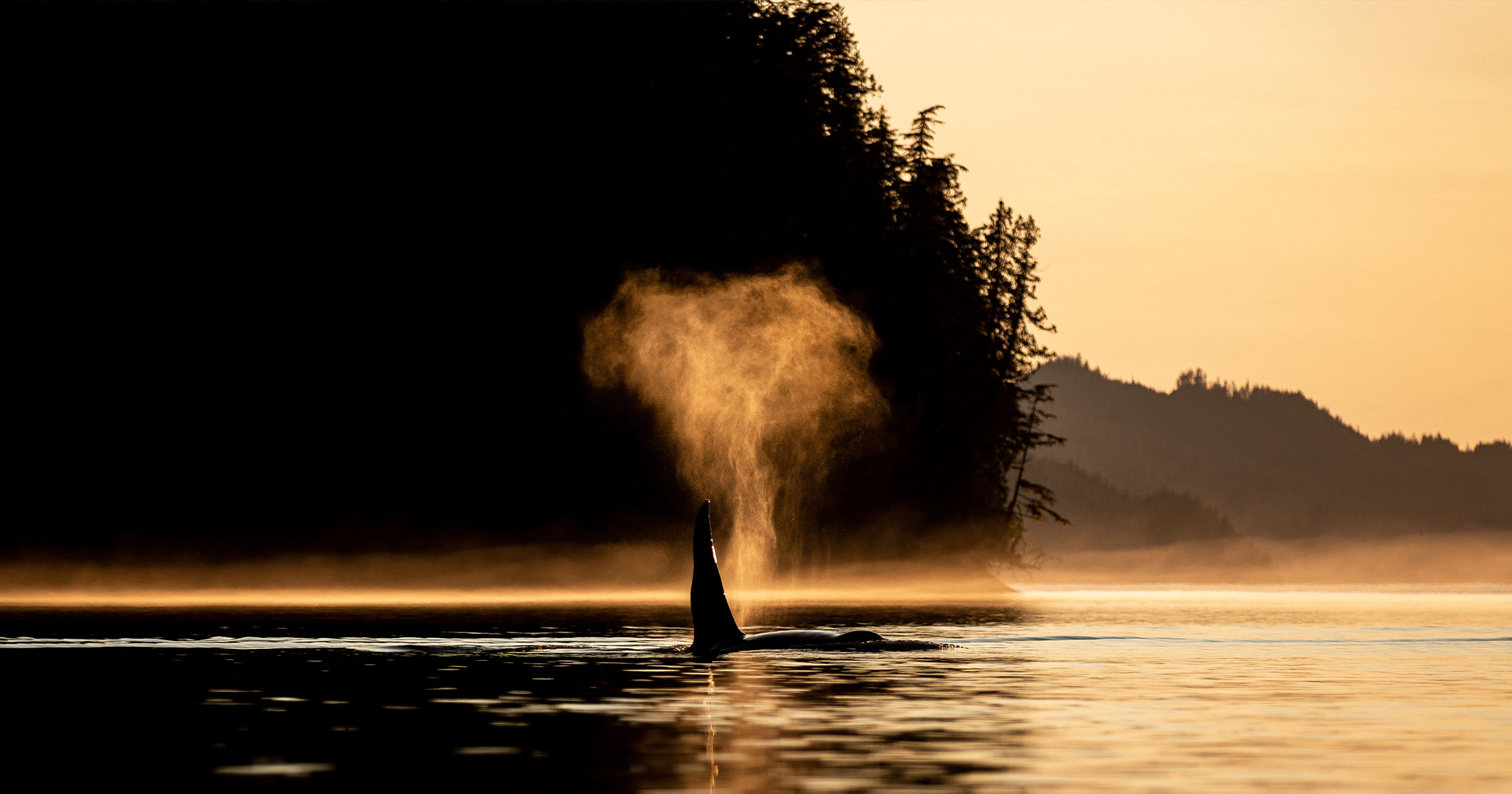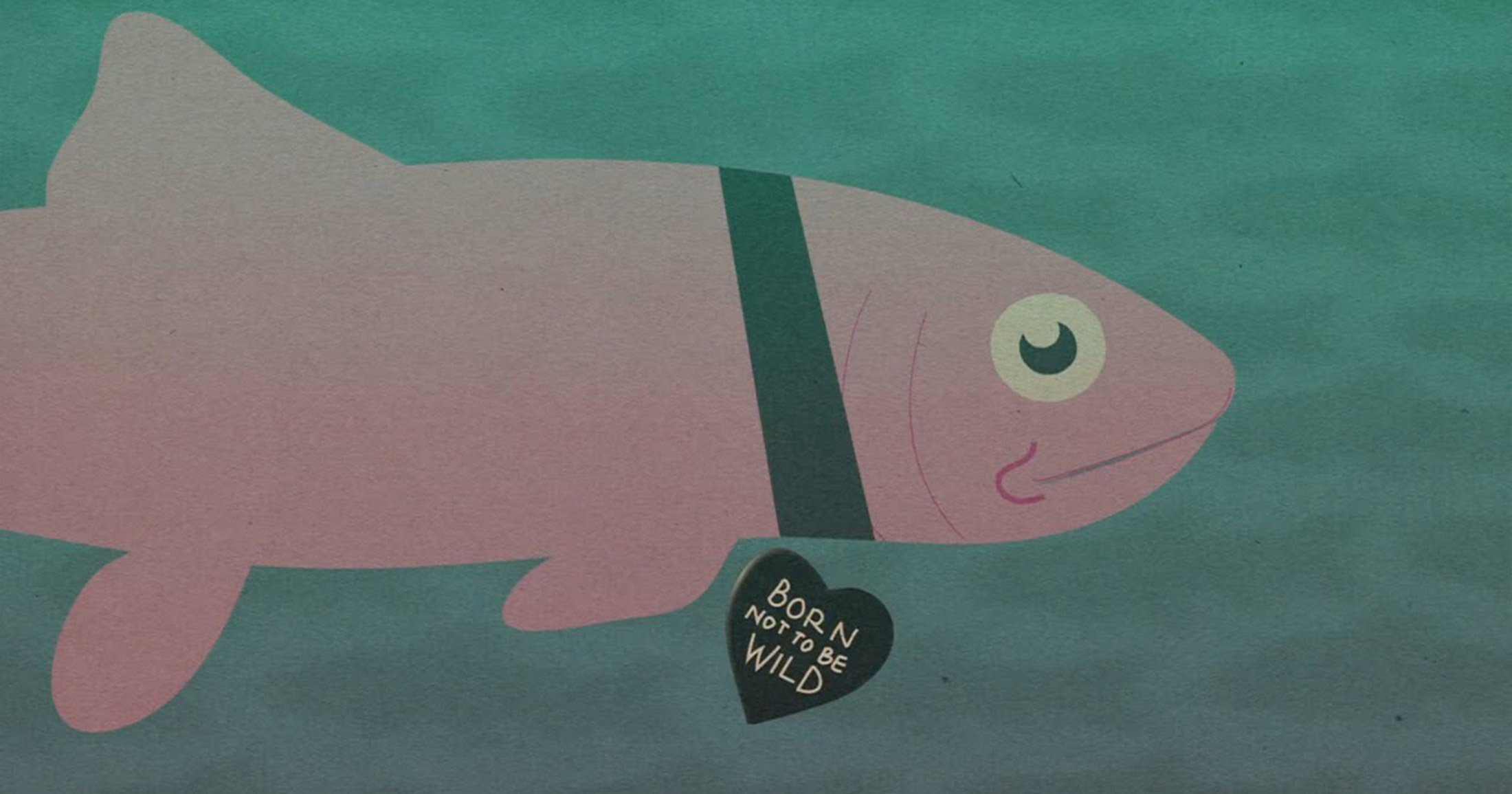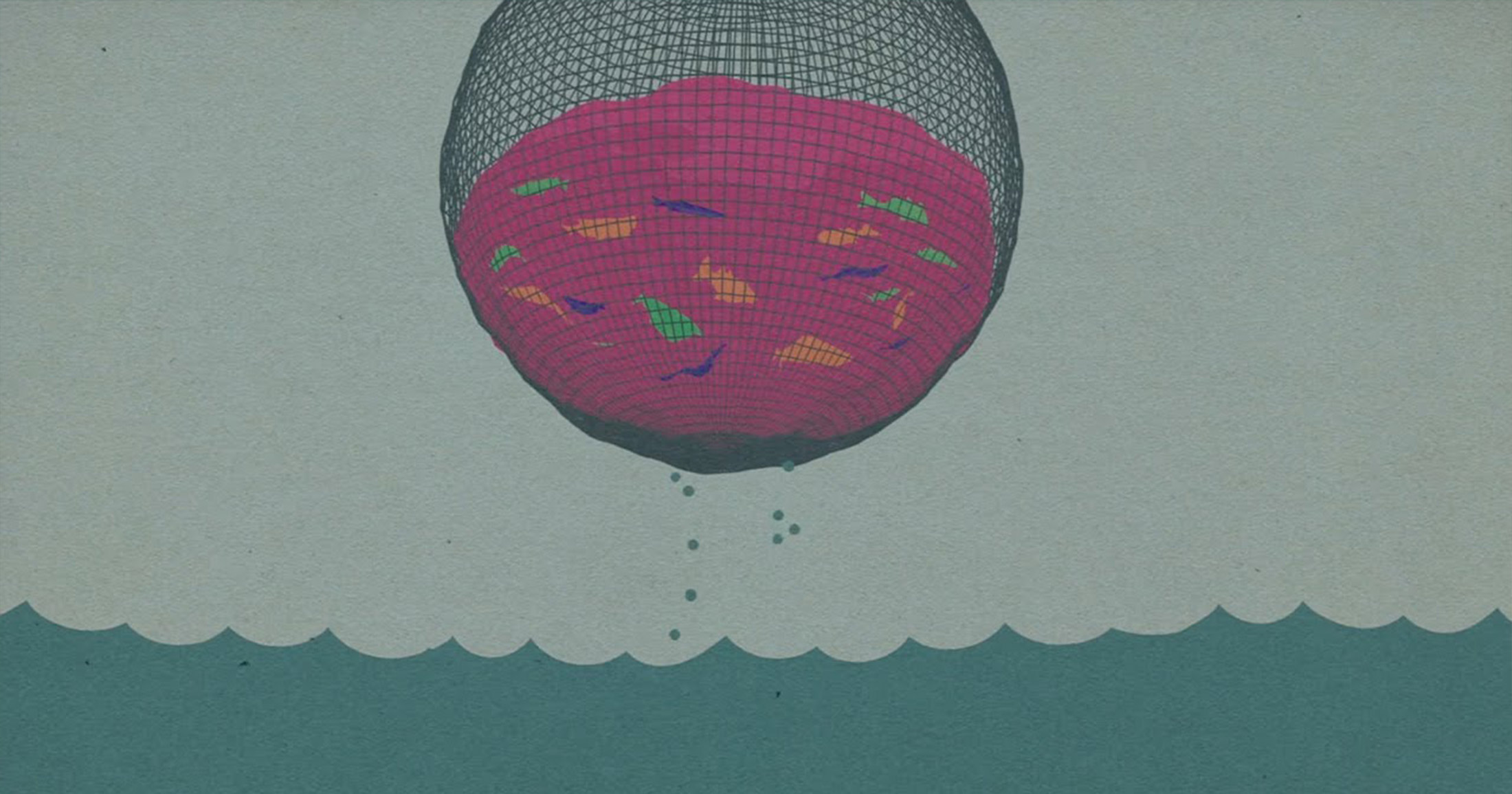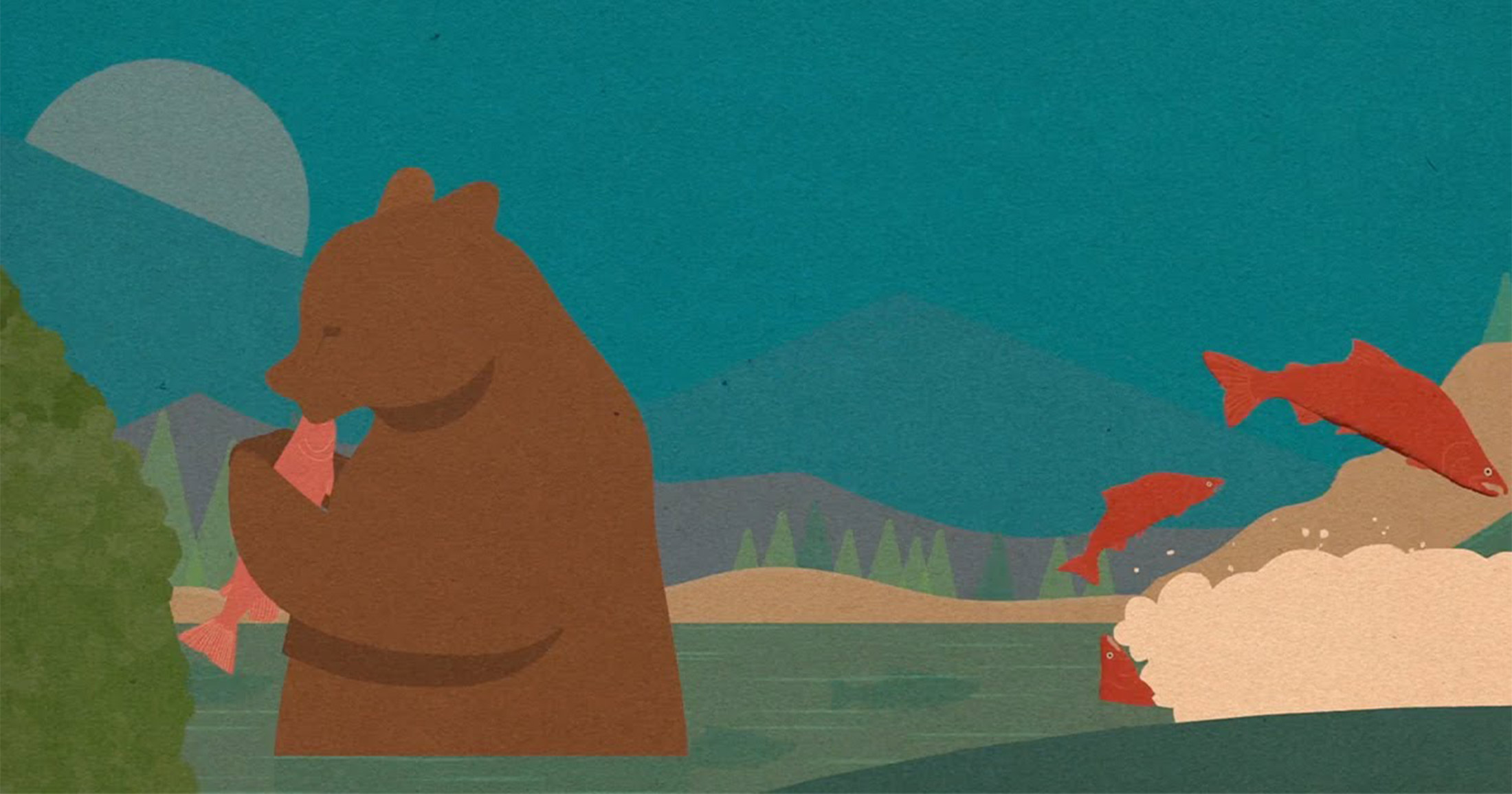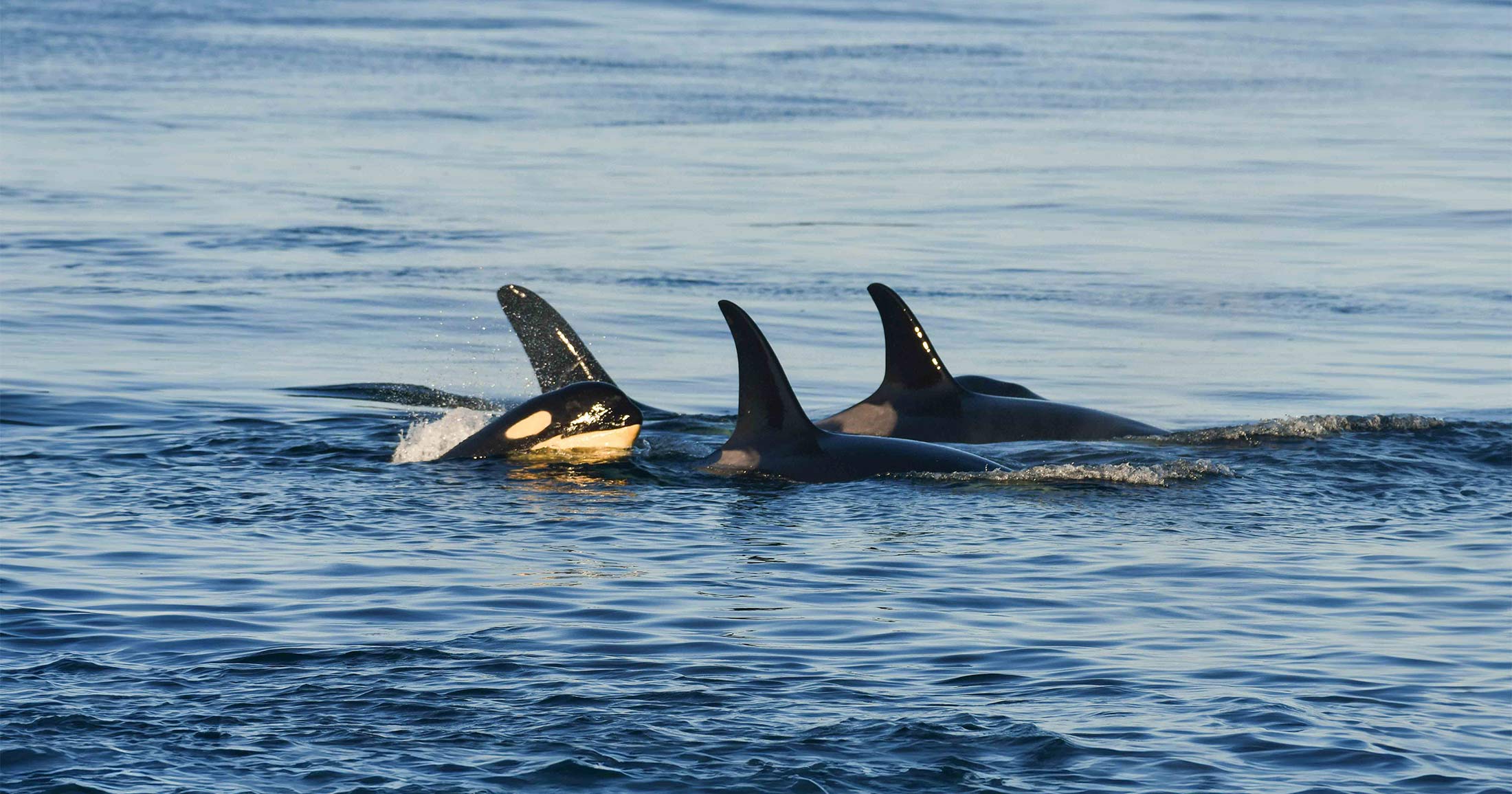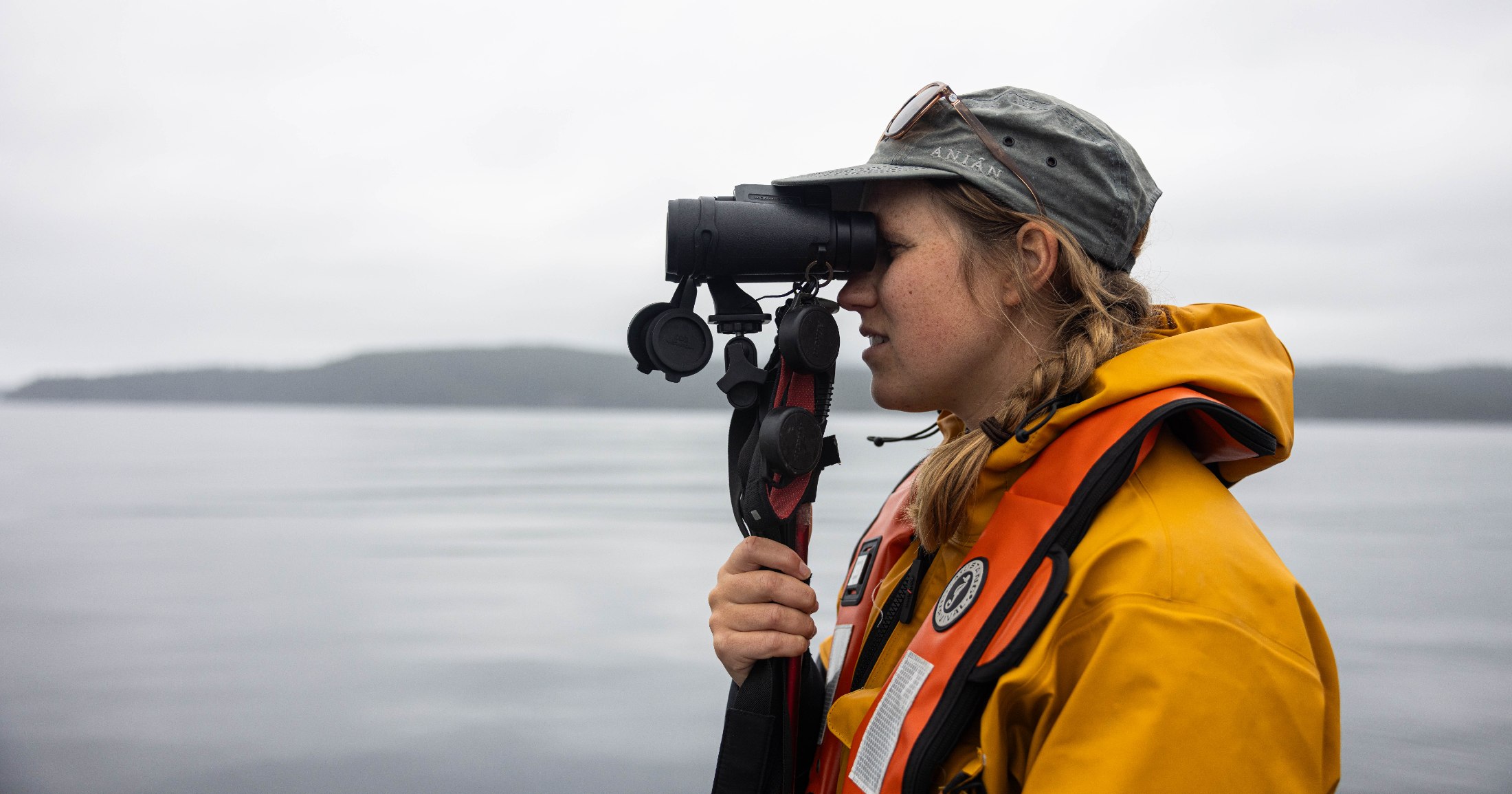Grizzlies at ‘great risk,’ hunting ban urged
Conservationists press premier on matter
Vancouver Sun
July 28, 2008
Kelly Sinoski
As hunters prepare for the fall season, conservationists are calling on the provincial government to keep the grizzlies out of the hunt.
A coalition of scientists, conservationists and animal advocates sent a letter to Premier Gordon Campbell Monday, suggesting it ban grizzly hunting because the population is at “great risk” and needs to be protected.
The move comes after a record 430 bears were killed in B.C. last year, said Chris Genovali, executive director of Raincoast Conservation.
“It’s purely for trophy; it’s not like going out hunting for deer where you’re going to put venison in the freezer for winter,” he said.
“It doesn’t make sense. We don’t know how many grizzly bears there are in British Columbia and the government’s population estimates are wildly inflated, in our opinion. A precautionary effort is needed.”
The environment ministry suggests there are 17,000 grizzly bears in B.C. This is up from estimates of 6,600 bears in 1972-79, Genovali said, and 13,200 bears in 1990.
Genovali claims the government data lacks scientific credibility since it has not undergone any rigorous independent scrutiny.
“None of their population estimates have ever been subjected to the hallmarks of the scientific process,” he said.
He added the grizzly hunt is a “black eye for our province and our country.”
B.C. grizzly bears face a host of threats, including habitat loss from industrial logging, mining and energy development, conservationists say, as well as urban sprawl and human-induced mortality from trophy hunting, poaching and aggressive lethal predator control.
The alliance effort to save them is led by Canadian groups, Raincoast Conservation and Valhalla Wilderness Society, and the U.S. wildlife protection organization, Big Wildlife. The groups represent about 15 million members.
© Vancouver Sun 2008
Support our mobile lab, Tracker!
Our new mobile lab will enable the Healthy Waters Program to deliver capacity, learning, and training to watershed-based communities. We need your support to convert the vehicle and equip it with lab instrumentation. This will allow us to deliver insight into pollutants of concern in local watersheds, and contribute to solution-oriented practices that protect and restore fish habitat.


